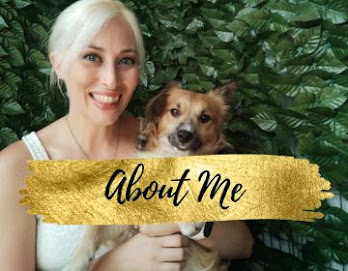Self Publishing
Tips and Advice from Self Published Authors
Have you ever considered self publishing a book?
When it comes to publishing a book there are several options available to authors but many prefer to go the self publishing route.
Whilst self publishing does give the author a lot of freedom it's definitely not the easy route, especially if they want to be successful.
Despite getting from offers from several smaller publishing houses I decided to self publish my own books (check out my books here). The same publishing houses were contacting me for advice about publishing and book marketing so it seemed silly to hand over such a large chunk of royalties to them when I knew what to do and how to do it myself. Why take 10% (one of the better offers) when I could get 70% doing it myself?
Anyway I ended up with several international best sellers and even picked up some awards. It was a huge amount of work though.
I still have several copies of first drafts of various novels saved away and a giant folder of ideas for more children's books and non fiction. Maybe one day I'll get round to working on them again and sending them out into the world...
My own choice to self publish was a fairly easy one as I was well prepared for the numerous stages involved. Be aware though that this route isn't for everyone.
I decided to reach out to some fellow self published authors to get them to share some tips from their own experience.
Advice on Self Publishing by Self Published Authors
My name is Marsha Casper Cook and I’m an author, a Podcast Host at Blog Talk Radio for over twelve years, and a contributor to eYs International Magazine. I also was a WGA Agent for many years and my goal was and still is to keep a writer writing and for authors not to give up.
I’ve been an advocate for independently published authors for years. However, only if you take the time to do it right.
First and most importantly the story has to be good. Take time to write the story you want to tell and don’t cut corners to save time. Take as much time as you need and promise yourself you will not rush through your writing. Some authors are faster than others in getting out their stories but this is your story no one else’s.
Find a good editor and make sure your editor understands the project you’re working on.
Pick out a great cover and it can even be a beautiful photo if you’re on a budget. Graphics do matter so make sure you have some help. There are many companies out there to help but make sure you know someone that has either used them or it’s a recommendation from someone you trust.
When the project is finished it should be your project, not the editors.
Find some help with marketing because if you don’t get your book out to the public no one will you’re your book. If you’re on a budget there are many companies that are affordable.
Always check out your sources before you do anything. Don’t go into debt because you think you’ll make a lot of money once the book is finished because that might not happen.
At the end of the day be happy with your work and then start on your next project. Dreams can become realities.
Find out more about Marsha Casper Cook here:
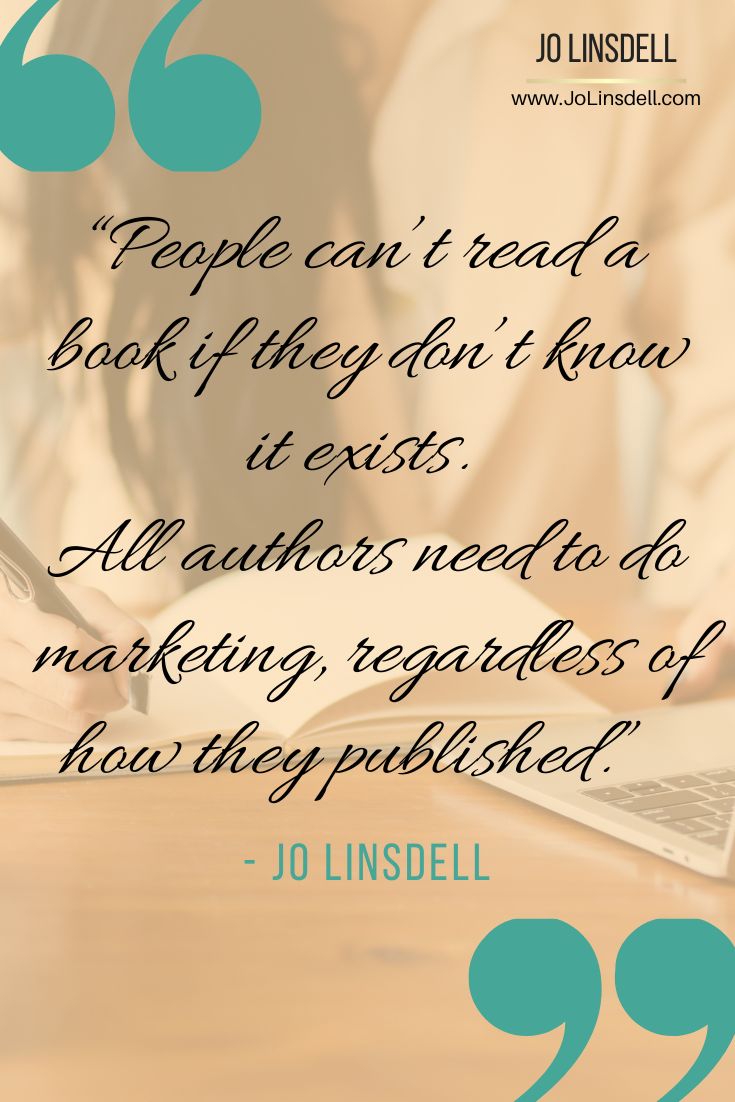
It started with a map. My first book, that is. Or rather it started with a board game which required a map. More than thirty years ago I designed a strategy board game set in an imaginary world and pitched it to Games Workshop. They didn’t buy the game but they liked the map I made for it and commissioned work from me on the strength of it. The original painted and illustrated map hung on my wall for three decades and during that time the continent and the four nations it contained gradually swam into shape within my mind. Each had a different history and culture, each had myths and legends, a whole world of stories that gradually evolved as the years passed. At last, one of these stories demanded to be written. This became ‘That Which The Deep Heart Knows’. Is this gradual growth what it’s like for you? I can’t imagine that anyone sits down with a blank document and sets out to write a story from scratch. There was an urgency about the situation. The story developed quite quickly in my mind, and because I am not a great one for writing extensive notes, I felt the need to write it out before the details of it faded. If you’re like me, your mind is at its most creative on the verges of sleep, either upon retiring at night or in that lovely period when we wander gently from the halls of morpheus.
The name I write under is a nom-de-plume. My present book falls within the ‘fantasy’ category, but I also write in another genre and prefer to keep my two writing identities separate. The only difficulty here is that authors are generally advised to share aspects of their lives with their readership, in order to encourage engagement, whether through social media or through a website. If you are writing under your own name, I certainly advise you to adopt this policy, as creating a relationship with your readers should be considered an important aim.
Unfortunately, as we know to our cost, writing the book is only the beginning of a long and tedious process by which the work is cast into a form suitable for presentation to the reading public. This is a process traditionally published authors are necessarily obliged to go through but which many self-published authors are prone to neglecting. Accordingly, the qualitative range of self-published work ranges from superb to deplorable, depending on the proof-reading talents and editing skills of the author. Nothing jars more with the reader than typos, spelling errors or basic grammatical errors. For this reason, some readers may be suspicious of self-published authors unless they have a proven track record. Conscious of my own frailties in this respect, I paid to have my book professionally proof read. Even if you engage others to share the burden with you, proof reading your own work, tedious though it is, is an essential part of maintaining professional standards. There are various approaches to this. I find that I have to read the book backwards, one page at a time in order to be able to concentrate on the text and not to lose focus by being carried away by the story.
Once you have a story that you are convinced is free from errors, your next stage is to persuade others of its merits. Cover, blurb and reviews are your means of doing this, unless you have the means to engage a publicist or pay for other forms of advertising. A blurb costs nothing but is of inestimable value. I cannot stress highly enough how important this brief document is in securing the interest of the potential reader. It must contain sufficient detail to engage the reader, whilst not giving away too much of the plot.
Your cover design is the vital shop window for your book, drawing in customers and communicating to them the nature of your wares. It should convey a good sense of the genre and style of your work as well as offering hints as to the content of the story itself. It may be that you need to pay for the services of a designer for this purpose. If you do, you will have spent your money well. A dull cover may easily doom the most brilliant of stories to remain undiscovered. An exciting and dynamic cover allows you to compete with most creative and brilliant writers out there in the vital business of attracting the interest of the potential reader.
I am fortunate in this respect, having spent a career in graphic design. I hope that my book cover serves its purpose well and helps to set out my stall as a writer. Now to get some readers and reviews, the next great challenge!
Find out more about books by RJ Wheldrake here:
https://amzn.to/3No8vjX UK
https://amzn.to/3nxnJch US
Always remember why you are doing it? It can be a lonely journey. I found it useful to write the preface early on to remind yourself of your vision and why you are doing this. As a writer this should come easily to you, but it may guide your marketing later on and give you clarity. For me, I had one of those epiphanies that I wanted to turn my grandfather’s World War II adventure into a graphic novel. I wanted his story re-told and also had a real passion for graphic novels. This vision sustained me.
You need to be an effective manager, not just an author. You are the boss, which can be daunting. There are many key decisions along the journey. The most important are who you hire to help. Given that you will have a limited budget, this requires careful consideration. There will be lots of choices. It requires skills beyond being an author; you need to be an effective manager so that you spend your time and money wisely. I found an illustrator, Brian Bicknell, early on, who was going to help me achieve my vision. We worked together to turn my grandfather’s WW2 memoir into a graphic novel. I was instrumental in doing the research in locating suitable images online to help him illustrate each page. I mocked up each page, and he was clear on what I wanted. This enabled Brian to deliver incredible illustrations. He was able to evoke the atmosphere of 1940s New York and the whole genre.
An editor and a graphic designer is a must. Rachel McDowell, my editor, was able to help me both strategically with the overall story as well as the minutiae of the grammar and choosing a consistent style guide (Chicago). I found a graphic designer, BK Suru, that was able to choose the most suitable font, cover and layout, using his years of experience. Despite all this, you still have to make all the key decisions, so you need to be decisive and pragmatic.
Have pauses in your timeline. The reality with self-publishing one will be over budget and over time. I manage IT projects for a living and always try to avoid late changes and rework. In creating a book, the quality of the end product has to be as good as you can make it and that will always lead to some late but important ideas which impact time and cost. To mitigate this, this builds in natural pauses during the process. Have a break after the 1st and 2nd draft. It gives time to allow your ideas to breathe so it isn’t a rush at the end.
Talk about your book with friends. Your virtual team also needs to include some members of your social circle. They will offer you encouragement along the way which is much needed - as it is lonely. These people will be some of your biggest supporters when it launches. They may also introduce you to people that you would never normally have met. I met a number of self-published and published authors; a number of those had written WWII memoirs for their fathers and grandfathers. These conversations provided me with useful guidance and inspiration.
You are part of the Industry - Now that you are a self-publisher, you are no longer just reading books for pleasure. You are constantly on the lookout for everything that surrounds the book industry, including industry trends, social media, book reviews to front covers, and use of fonts. It can be obsessive. This becomes even more important when you enter the most important marketing phase. After investing all that time, effort and money - you want the readership to be as wide as possible. One needs to be realistic but also ambitious. I am only 4 months in and so will probably write about this at another point.
Enjoy the success - Finally, after investing all this effort. Enjoy the success, each sale and positive review brings an energy back to the project. Remember beyond the closest group of friends, no one buys a book unless they want to buy it. It is such a personal item - a book! So I feel proud. You are now part of an exclusive club. From now on, every time you read or buy a book, or read a review - you will have a different perspective.
Jonathan Sandler, is an IT Project Manager by trade. In 2020, as a graphic novel and World War II enthusiast - he came up with the idea of turning his grandfather's unique World War II Story into a Graphic Novel. In 2022, The English GI: World War II Graphic Memoir was published.
Find out more about books by Jonathan Sandler here:
.jpg)
If you'd like to support me, donating goes a long way to helping with the running of this blog. Thanks for your support 💗
Donate now

.jpg)



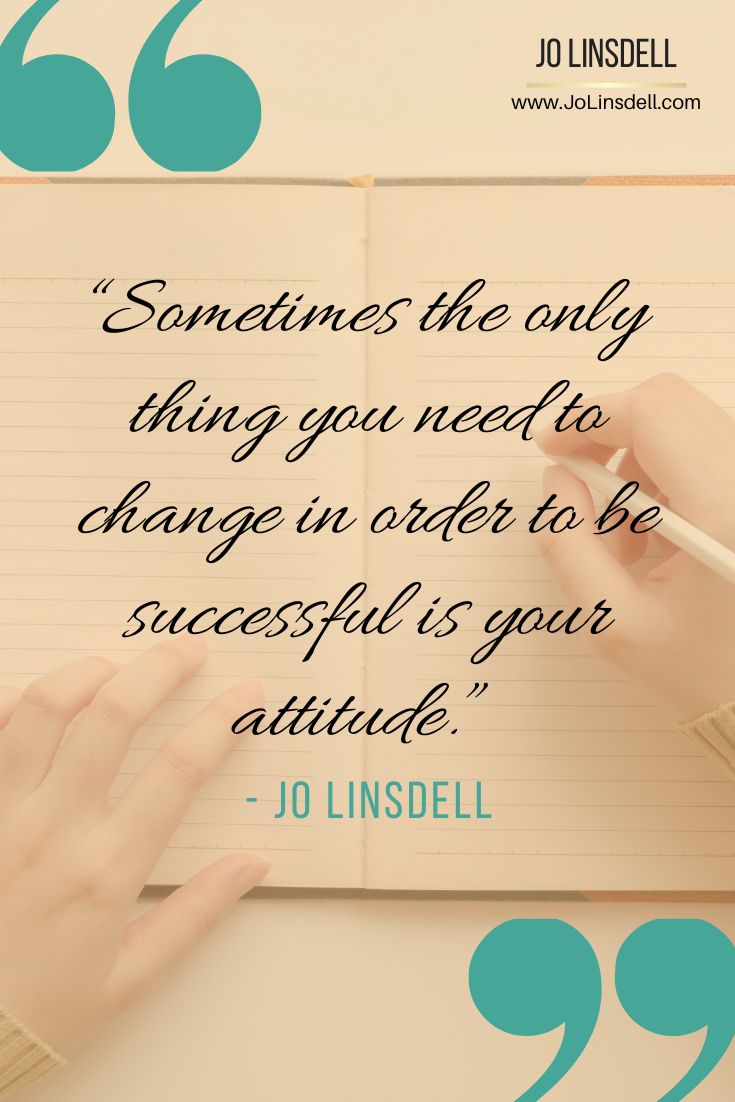
.jpg)
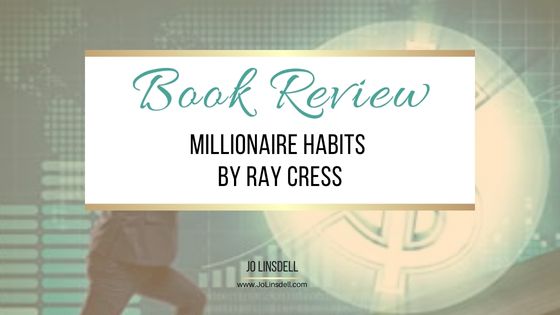




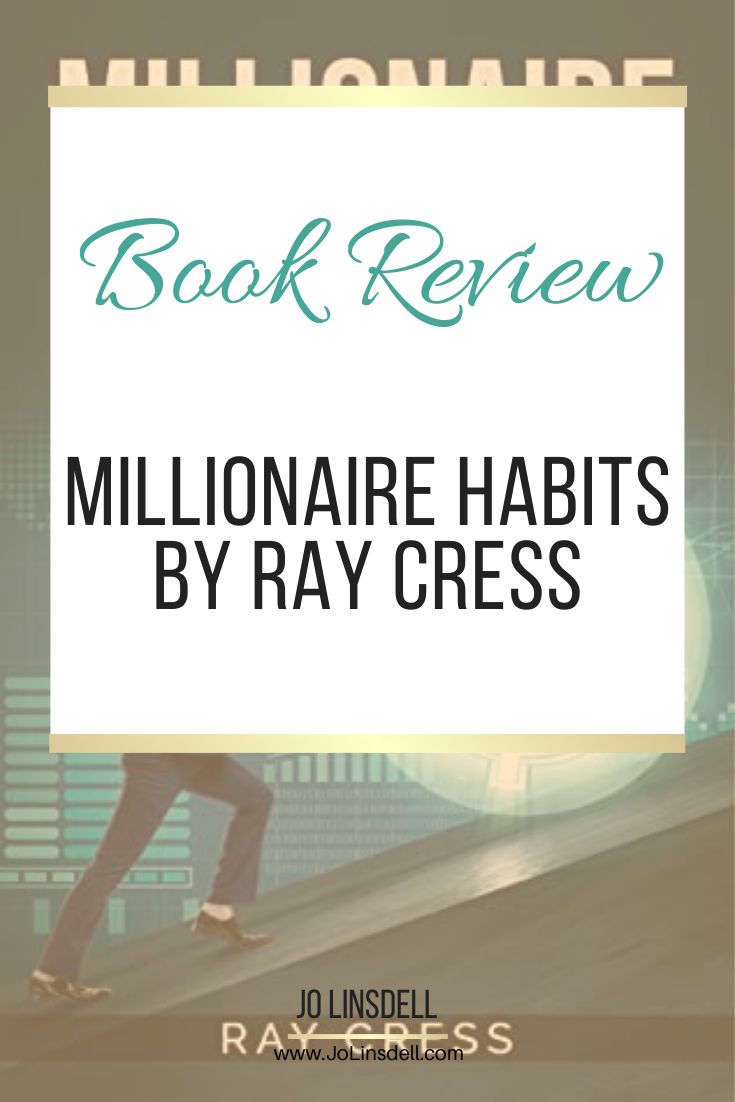

.jpg)

.jpg)

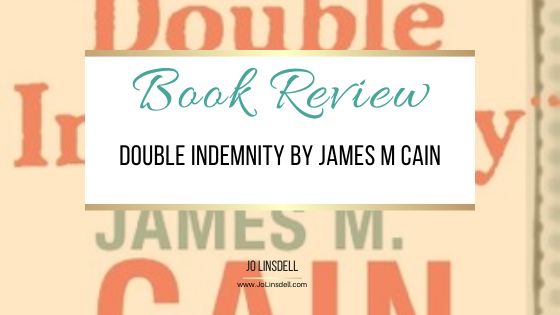

.jpg)
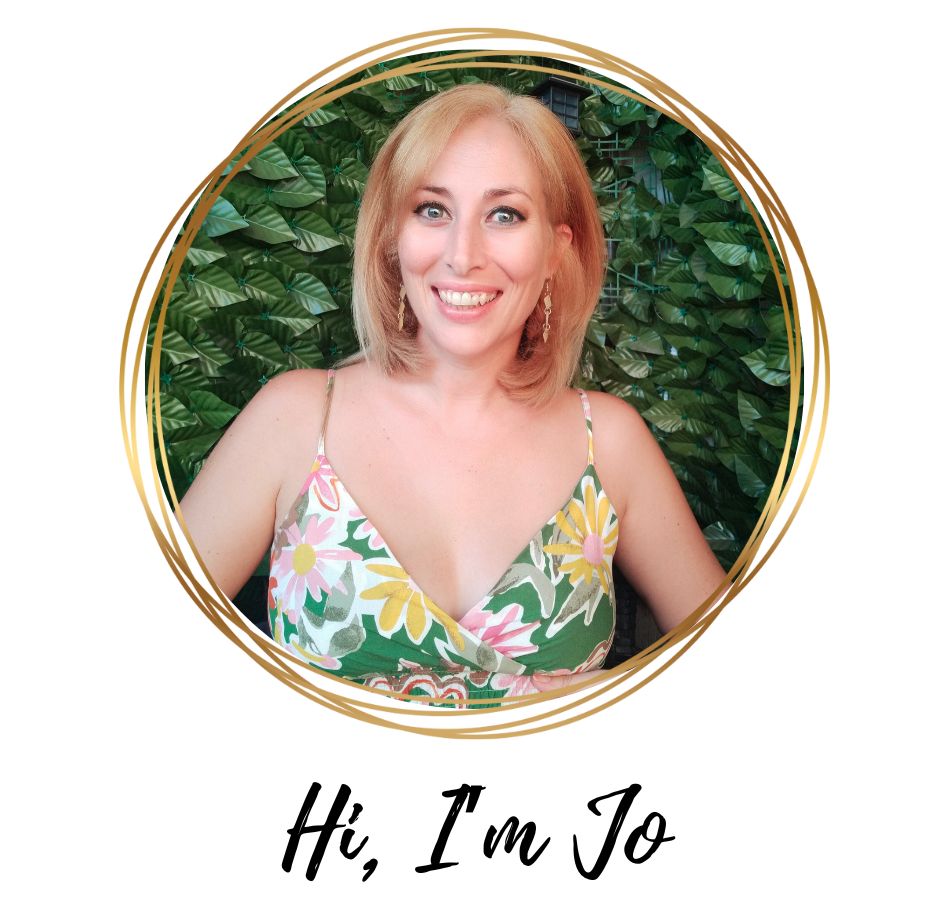


.jpg)

.jpg)








